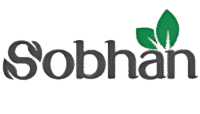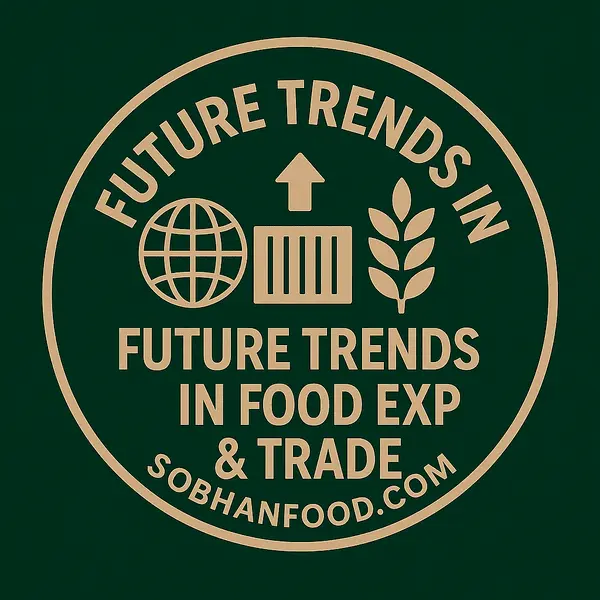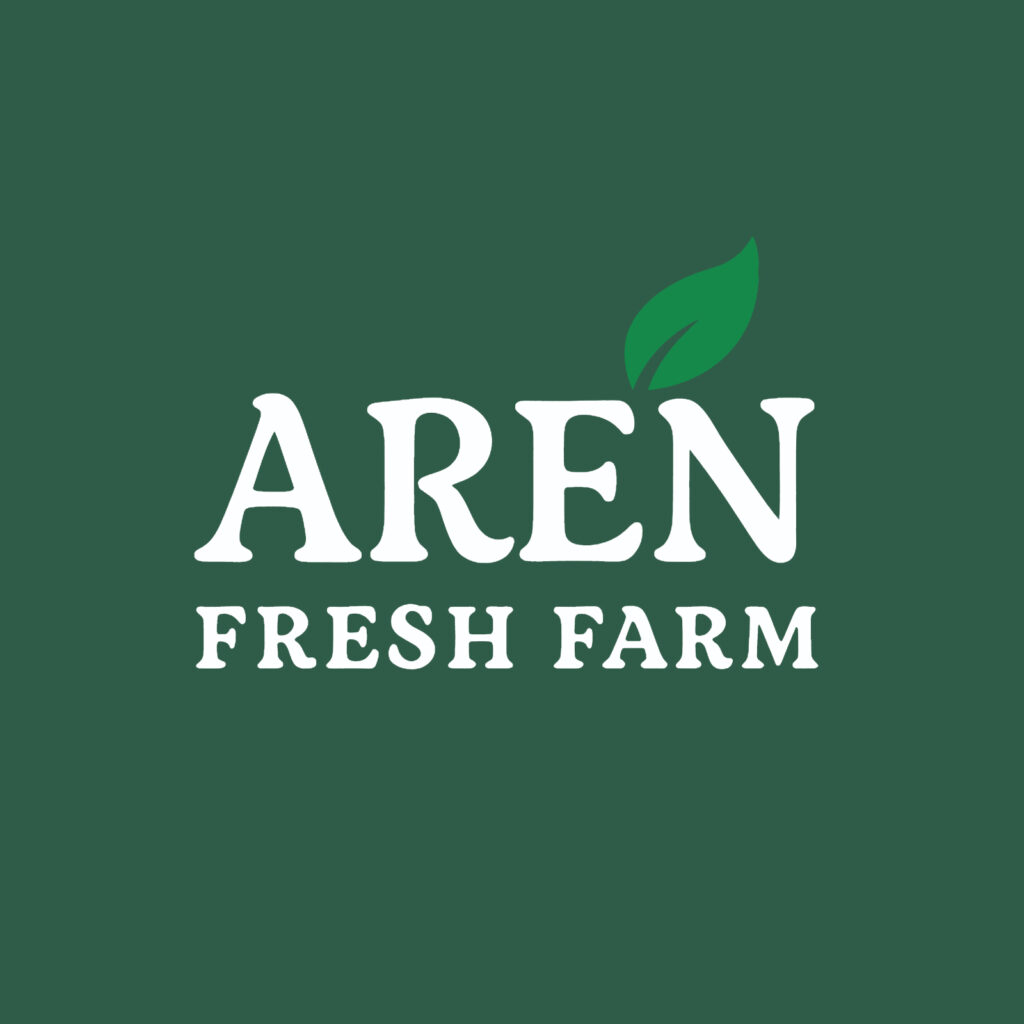Introduction: The Transformation of Global Food Export
The global food export industry is entering a defining decade. Between 2025 and 2030, international food export & trade will be reshaped by technology, sustainability policies, and shifting consumer priorities.
Food export is no longer just about supply and demand; it’s about safety, ethics, and traceability. Governments are tightening import standards, consumers are demanding transparency, and technology is enabling instant verification of every product’s origin.
For established certified brands such as SobhanFood, this evolution represents a major opportunity. With strong systems like HACCP, ISO 9001, and ISO 22000, SobhanFood already operates at the standards that future markets will demand.
In this article, we examine the most significant trends shaping the future of food export and trade from 2025 to 2030, and how companies can turn these trends into global success.
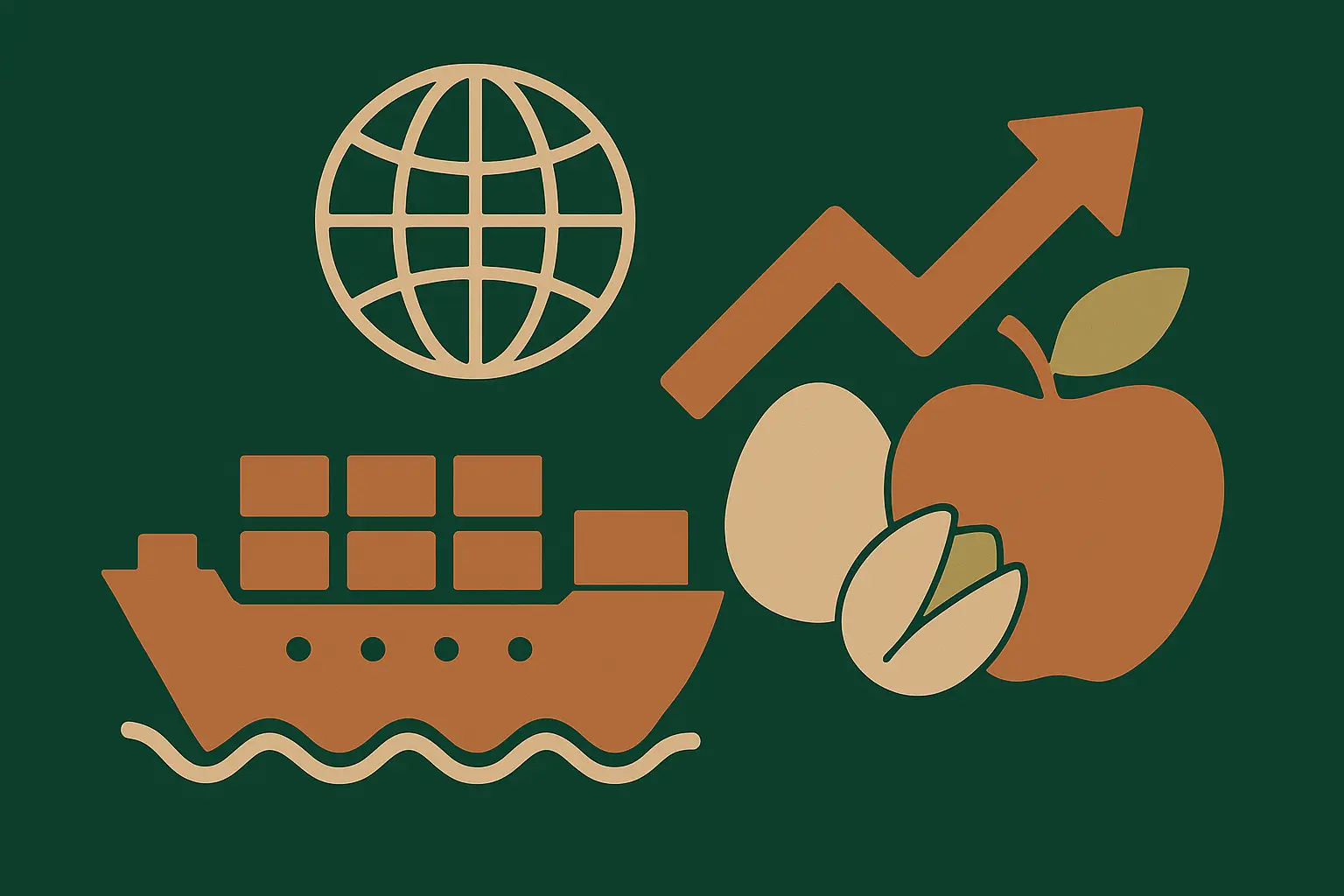
1. Sustainability Becomes the New Passport for Global Markets
The Shift Toward Eco-Conscious Trade
By 2030, sustainability will move from being a competitive advantage to a mandatory entry ticket for global markets. The European Union’s “Green Deal” and new carbon border regulations are clear signals: countries will only import products that meet defined environmental standards.
Exporters will be expected to demonstrate:
-
Reduced carbon emissions during production and transport
-
Sustainable farming and sourcing practices
-
Recyclable or biodegradable packaging
-
Transparent reporting of energy and water usage
How Exporters Can Adapt
-
Audit and reduce your environmental footprint. Measuring emissions and energy use will become essential.
-
Switch to sustainable packaging. Eco-friendly materials will soon be preferred or even required in many markets.
-
Communicate your efforts. Certifications like ISO 14001 (Environmental Management) and life-cycle assessments can be highlighted on packaging or marketing materials.
SobhanFood’s Advantage
SobhanFood’s safety certifications already provide a foundation for sustainability reporting. The next step is integrating eco-packaging, renewable energy, and waste reduction initiatives to align with future export criteria — making SobhanFood not only safe but also sustainable.
2. Digital Traceability and Blockchain Become Industry Standards
From Paper Records to Transparent Supply Chains
Consumers and regulators now expect proof — not just promises — of safety and authenticity. Blockchain and digital traceability systems will become the backbone of food trade by 2030.
Every ingredient, supplier, and production stage will be recorded in tamper-proof digital ledgers. The result is total transparency: anyone can verify when, where, and how a product was made.
Why Traceability Matters
-
Prevents fraud and mislabeling (e.g., false origin claims)
-
Reduces recall risks through instant batch tracking
-
Builds consumer confidence through visible proof of safety
-
Speeds up customs clearance and certification checks
Real-World Example
The European Union and Japan are piloting blockchain food import verification systems. Soon, exporters will need compatible digital data to enter these markets.
SobhanFood’s Strategic Role
Integrating blockchain with its HACCP and ISO documentation will allow SobhanFood to offer verified traceability — a key advantage in a global market built on trust and proof.
3. The Rise of Regional Trade Hubs
From Globalization to Localization
The COVID-19 pandemic, rising fuel prices, and global shipping delays have reshaped supply chains. Importers now prefer shorter, regional supply routes that are more resilient, cost-effective, and eco-friendly.
This trend is leading to the growth of regional trade blocs and food hubs, especially in Asia, the Middle East, and Africa.
Implications for Exporters
-
Faster deliveries and reduced spoilage
-
Lower logistics costs
-
Easier compliance with neighboring countries’ regulations
-
Opportunities for new cross-border collaborations
Iran’s Strategic Location
Iran’s position between Europe, Central Asia, and the Gulf makes it an emerging food trade gateway. SobhanFood can leverage this geography to expand exports regionally — building strong distribution networks in GCC, Turkey, Iraq, and Central Asia — while maintaining global standards.
4. Technology and AI Transforming the Food Export Ecosystem
The Smart Supply Chain Revolution
By 2030, AI-driven systems will predict consumer demand, detect disruptions, and optimize export logistics. The integration of IoT (Internet of Things) devices will enable real-time monitoring of temperature, humidity, and transport conditions.
Applications of AI and Automation
-
Predictive analytics: anticipating which products will perform best in specific markets.
-
Smart warehousing: automated storage and robotic sorting.
-
Cold-chain tracking: sensors ensuring temperature integrity.
-
AI-assisted customs: automated compliance checks and documentation.
Impact on Exporters
Exporters adopting digital transformation will achieve greater efficiency, lower operational risk, and higher buyer confidence.
SobhanFood’s investment in automated quality control and digital recordkeeping already aligns with this future — making it a technologically prepared exporter.
5. Health and Wellness Drive Global Demand
The Rise of Conscious Consumers
From Europe to East Asia, consumers are choosing foods that support health, immunity, and natural living. This shift is not temporary — it defines the next era of global food demand.
Fastest-Growing Export Categories (2025–2030)
-
Organic and clean-label products
-
Plant-based proteins and dairy alternatives
-
Functional foods with added vitamins or probiotics
-
Gluten-free, allergen-free, and preservative-free products
-
Natural flavorings and sugar alternatives
What This Means for Exporters
Health-conscious markets are willing to pay premiums for certified safe and natural products. By leveraging its strong HACCP and ISO systems, SobhanFood can position itself as a trusted health-conscious exporter, especially in regions where consumers associate certification with wellness and credibility.
6. Food Safety Becomes Non-Negotiable
The Global Standardization of Safety
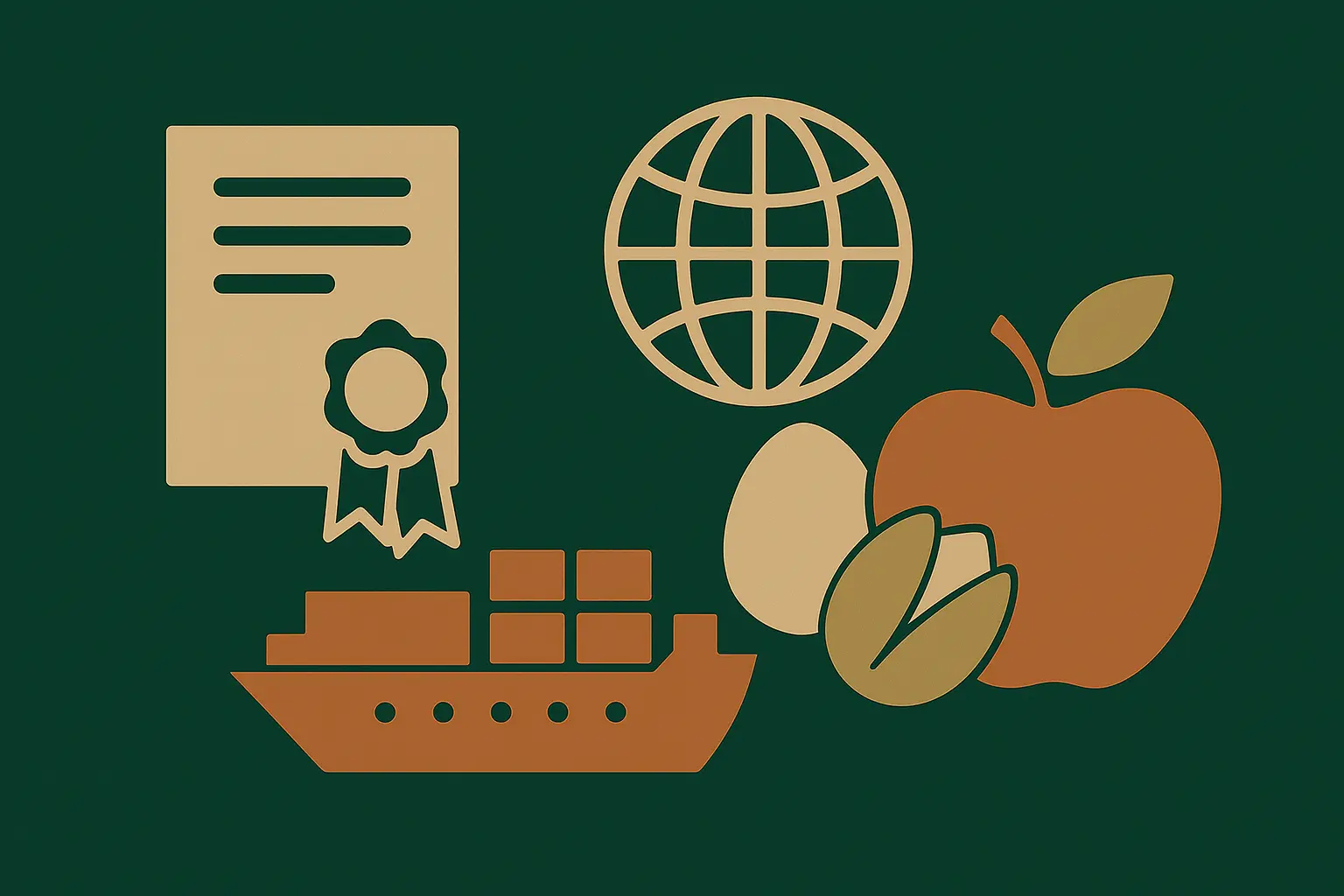
The next decade will see full harmonization of food safety systems across global trade. Regulations by the World Trade Organization (WTO) and Codex Alimentarius are aligning with ISO 22000 and HACCP.
This means:
-
Food safety certification will be a prerequisite for exporting anywhere.
-
Documentation and traceability audits will become digital and real-time.
-
Failure to comply could mean rejection at ports or delisting by buyers.
SobhanFood’s Certification Advantage
SobhanFood already meets HACCP, ISO 9001, and ISO 22000 — a triple certification that matches global export expectations. As more importers demand documentation, SobhanFood’s verified systems will help secure partnerships with international distributors and retailers.
7. E-Commerce and Digital Exporting
The New Frontier of Trade
Traditional export channels are evolving. The rise of digital B2B platforms and cross-border e-commerce is making it easier for food exporters to reach global buyers without intermediaries.
Exporters’ New Online Opportunities
-
Online trade exhibitions and virtual sourcing platforms (Alibaba, Tradeling, etc.)
-
Direct-to-retailer exports via e-commerce integration
-
Localized digital marketing through SEO, multilingual content, and social media
SobhanFood’s Path Forward
By launching multilingual pages showcasing certifications, packaging visuals, and traceability data, SobhanFood can build international visibility and engage buyers directly through digital trade platforms.
8. Trade Policy and Food Security Dynamics
A World in Flux
Global food trade is influenced by politics as much as by economics. Between 2025 and 2030, food security will dominate government agendas, leading to new tariffs, export bans, and strategic stockpiling.
Key Factors Influencing Trade
-
Geopolitical shifts — trade sanctions, regional alliances, and tariff wars.
-
Climate-related disruptions — droughts, floods, and crop volatility.
-
Food nationalism — countries prioritizing domestic supply.
Resilience Through Diversification
Exporters who diversify their markets, build flexible logistics networks, and maintain long-term distributor relationships will be better equipped to weather global uncertainty.
SobhanFood’s balanced focus on regional trade and global standards ensures adaptability in this dynamic environment.
9. Ethical and Transparent Branding: The New Consumer Priority
Beyond Product — Selling Values
Modern consumers don’t just buy products; they buy stories. They want brands that reflect honesty, integrity, and purpose. Transparency about sourcing, worker welfare, and sustainability practices directly affects purchasing decisions.
How Exporters Can Build Ethical Brands
-
Share the origin story — how products are sourced, processed, and delivered.
-
Use digital storytelling to show real people behind the brand (farmers, staff, QA teams).
-
Highlight certifications as proof of care rather than bureaucracy.
SobhanFood’s Branding Strength
SobhanFood’s identity — built on safety, certification, and consistency — can evolve into a human-centered food export brand that represents Iranian quality, care, and reliability on the world stage.
10. Sustainability in Packaging and Transport
The Packaging Revolution
By 2030, nearly all major importing countries will have eco-packaging mandates. Plastics will face restrictions; biodegradable and recyclable materials will dominate.
Exporters will need to adapt:
-
Use lightweight, recyclable packaging to reduce carbon emissions.
-
Implement smart labeling with QR codes for transparency.
-
Redesign packaging to meet diverse language and compliance needs.
Green Transport Innovations
Exporters will increasingly rely on low-emission shipping, optimized container usage, and renewable energy-powered logistics.
SobhanFood’s continuous improvement approach can incorporate these innovations early, ensuring compliance and strengthening global appeal.
11. The Role of Artificial Intelligence in Quality and Compliance
AI will not only streamline logistics — it will revolutionize quality control. Machine learning can analyze sensory data, detect contamination risks, and predict quality deviations before they occur.
In the food export sector, AI compliance tools will automatically verify documents, match standards, and highlight errors before shipment.
SobhanFood’s future roadmap can include AI-assisted quality analytics and automated safety checks, ensuring precision and consistency in every exported batch.
12. The Outlook for 2030: What Success Will Look Like
By 2030, food export will need to combine five pillars of excellence:
-
Safety: Complete compliance with international standards.
-
Sustainability: Verified eco-friendly operations.
-
Transparency: Digital traceability and open communication.
-
Technology: Smart logistics and automated systems.
-
Trust: Human connection and ethical branding.
Exporters that achieve these pillars will not only survive global transformation — they will lead it.
SobhanFood, with its deep commitment to certified quality and innovation, is perfectly positioned to become a benchmark for the next generation of exporters.
Conclusion: From Food Export To Building Trust
The decade from 2025 to 2030 will redefine what it means to be a food exporter. The winners will be those who combine technology, ethics, and quality to build trust across borders.
SobhanFood’s existing foundation — built on internationally recognized safety systems — is its passport to the future of global trade. As it continues to innovate, digitalize, and expand sustainably, SobhanFood won’t just export products; it will export confidence, credibility, and care.
